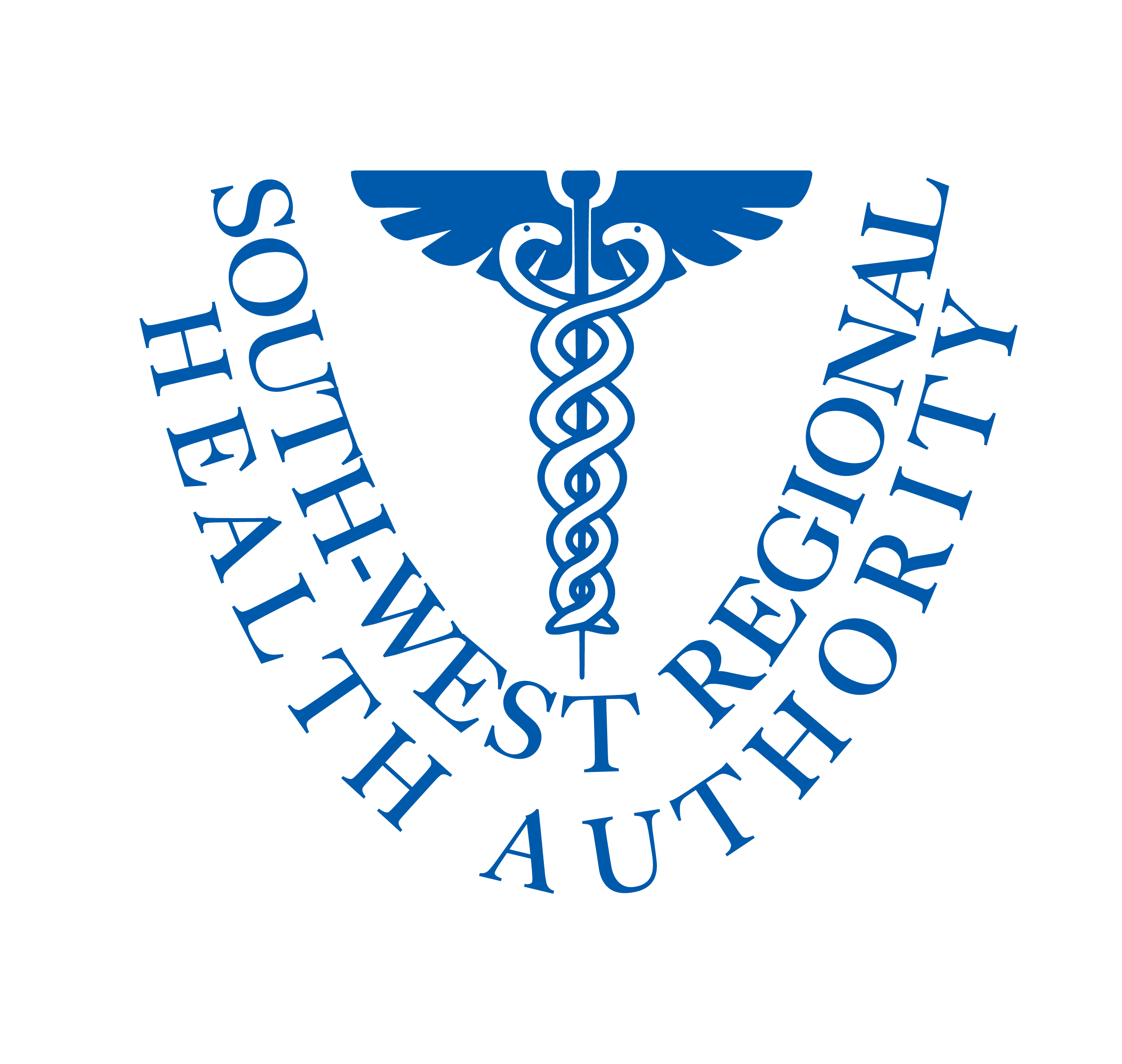Hand Foot and Mouth Education
What Is Hand Foot And Mouth Disease (HFMD)?
Hand, Foot and Mouth disease is a mild, contagious illness caused by a virus. It mainly affects younger children, usually under 10 years. Older children and adults are not usually at high risk, but may also develop a milder form of the illness compared to younger children. MOST CHILDREN FULLY RECOVER WITHIN A WEEK. Serious complications are rare. This disease is not related to the disease with a similar name which affects animals.
What are the symptoms of Hand, Foot and Mouth disease?
- The illness often starts with fever and feeling unwell for a day or so.
- Sore throat and loss of appetite commonly occur.
- 1-2 days after fever, a non-itchy skin rash may develop. The rash usually appears on the palms of the hands and soles of the feet; it may also appear on the buttocks and genital area.
- Small spots develop inside the mouth which may turn into small mouth ulcers (sores). The sores are usually located on the tongue, gums and inside the cheeks.
Note: all symptoms may not be present and some persons with HFMD show no symptoms of the disease. Health complications are rare, but can occur in some cases.
What to do if your child develops symptoms of HFMD?
There is no specific treatment for HMFD and no vaccine is available to protect against the virus. In healthy children, the body’s immune system clears the virus and symptoms go away after about 7 to 10 days.
To help manage symptoms at home:
- Manage fever and pain. Fever can be treated with over the counter medications like paracetamol which help lower a temperature (DO NOT GIVE ASPIRIN TO CHILDREN).
- Mouthwashes or sprays that numb pain can be used to lessen mouth pain.
- Do no wrap up a feverish child. Keep the room or house cool by opening windows or using a fan on the other side of the room to keep the air circulating.
- Keep children well hydrated with lots of water to drink. This helps to prevent dehydration (lack of body fluids).
- Cool slushy foods such as yoghurt may be best for a day or so if the mouth is sore. Ice lollies may help to ease a sore mouth and are also a way of keeping hydrated.
- IF BREASTFEEDING, KEEP BREASTFEEDING AS BREAST MILK IS THE BEST FLUID.
Consult a doctor if symptoms worsen or child stops drinking due to a sore mouth as rarely, dehydration may develop.
How is HFMD Spread?
The virus is highly contagious and can be spread from one person to another by:
- Coughing and sneezing which transmits the virus into the air.
- Direct contact with the infectious virus via nose and throat secretions, saliva, blister fluid and stool of infected persons.
- Unwashed, virus- contaminated hands and by contact with virus- contaminated surfaces.
- Infected persons are most contagious during the first week of the illness, however, the virus can remain with the child for several weeks.
How to prevent the spread of HFMD?
- Good personal hygiene measures are the most important way prevent the spread.
- Wash hands often and correctly, especially after changing diapers and after using the toilet.
- Cover nose and mouth when sneezing or coughing with a tissue, or sneeze into your elbow.
- Throw tissue into a bin and wash hands.
- Clean shared surfaces and objects often, including toys, door knobs, table tops and other frequently used surfaces. Disinfect them by cleansing with a bleach solution made by adding 1 tablespoon of bleach to 4 cups of water, or use an approved over the counter cleaning liquid.
Keep a social distance from persons with HFMD symptoms. Avoiding close contact (kissing/hugging) or sharing socks, shoes, eating utensils or cups etc. with persons with HFMD.
What about going to school?
Children who are ill should be kept out of school and avoid going to crowded places (malls, gatherings etc.), until their fever and rash subsided rash have subsided and all the sores have dried up.





